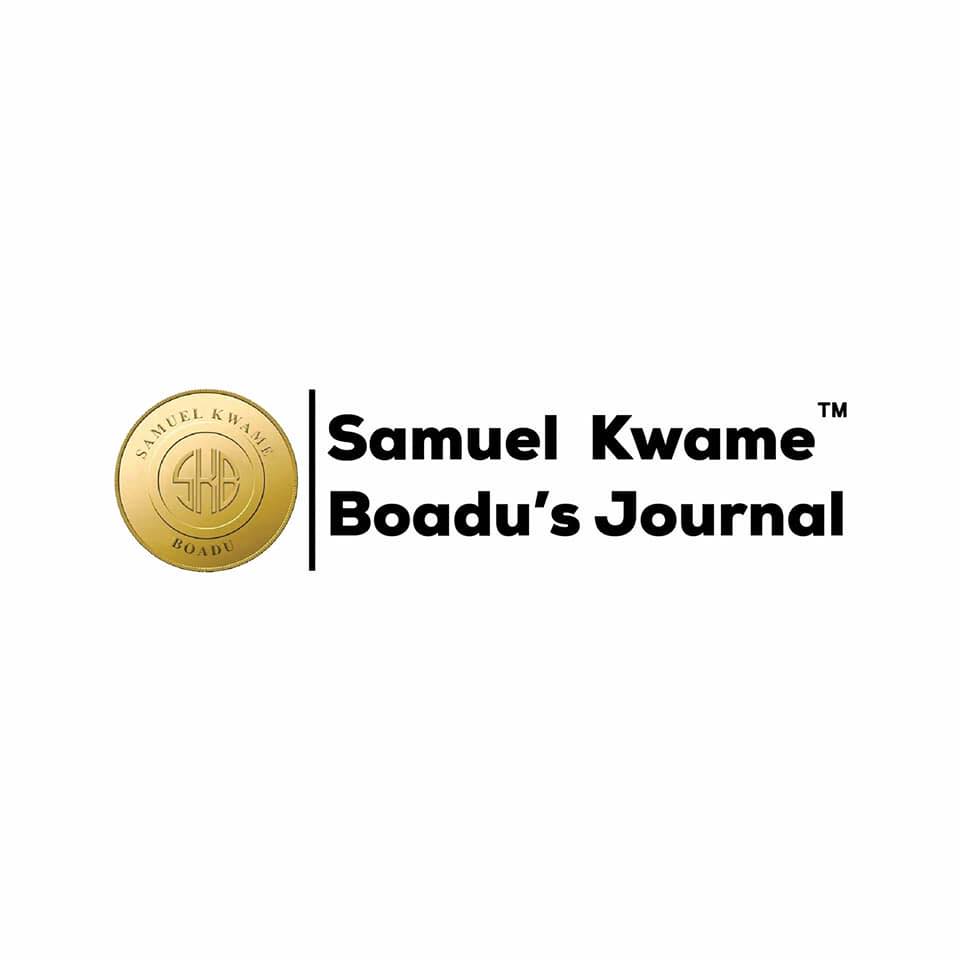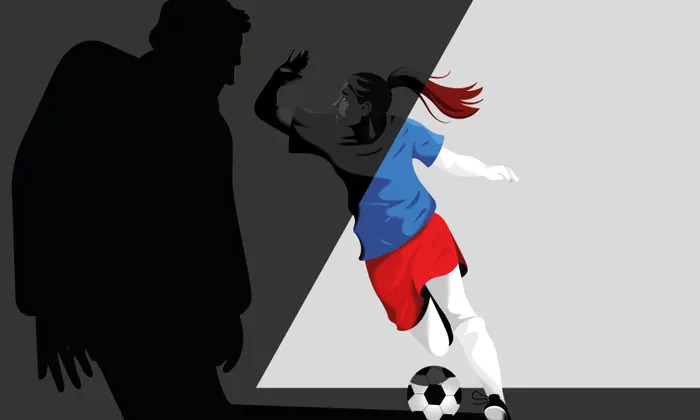Women’s football in Ghana has witnessed significant growth over the past few years, with increasing participation at all levels of the sport. Despite this positive development, the sport faces numerous challenges, not least of which is the breeding of social vices that threaten its integrity and the well-being of its players. This article by Samuel Kwame Boadu explores the social vices prevalent in women’s football in Ghana, their implications, and potential solutions to these persistent issues.
Prevalence of Social Vices
The most common social vices in women’s football in Ghana include sexual harassment, discrimination, and exploitation. These issues are not unique to Ghana but are indeed global phenomena in women’s sports. However, cultural, economic, and social factors in Ghana exacerbate these vices, making them particularly problematic.
Sexual Harassment: Many female players report experiencing unwanted advances and coercion from coaches, officials, and sometimes fellow players. The power dynamics within sports organizations often leave young female athletes vulnerable to sexual exploitation by those who hold the keys to their potential careers.
Discrimination: Gender discrimination remains a significant barrier. Female footballers often receive less support compared to their male counterparts. This includes inferior training facilities, lesser media coverage, inadequate healthcare, and lower bonuses. Such discrimination not only demoralizes the players but also stunts the growth of the sport.
Economic Exploitation: Due to limited sponsorship and funding, female footballers in Ghana often struggle with poor remuneration. Some unscrupulous sports administrators capitalize on the athletes’ desperation to make a name for themselves by offering them unfavorable contracts or withholding earnings.
Implications of These Vices
The breeding of these vices in women’s football has severe implications for players and the sport as a whole. It can lead to:
- Mental Health Issues: Continuous exposure to harassment and discrimination can lead to anxiety, depression, and a lack of self-esteem among players.
- Reduced Participation: Potential talents may be deterred from pursuing football professionally if they perceive the environment as unsafe or unjust.
- Tarnished Public Image: Incidents of harassment and exploitation damage the reputation of women’s football in Ghana, potentially affecting viewership, sponsorship, and overall interest in the sport.
Addressing the Challenges
Combating these social vices requires a multi-faceted approach:
- Strict Policies and Regulations: Implementing clear, strict policies against harassment and discrimination is crucial. Ghana Football Association must enforce these policies rigorously and ensure that violations result in substantial penalties.
- Education and Awareness Campaigns: Educating players, coaches, and officials about the rights and responsibilities of all parties involved in sports can create a more respectful and inclusive environment. Awareness campaigns can also empower players to speak out against abuses.
- Support Structures: Establishing support structures, such as counseling services for victims of harassment and discrimination, can help alleviate some of the mental and emotional burdens these players face.
- Promoting Gender Equality: Efforts must be made to level the playing field by providing equal opportunities, resources, and pay for female athletes. This includes investment in female leagues, better marketing, and media coverage.
Conclusion
While women’s football in Ghana has the potential to be a source of national pride and joy, it is essential to confront and root out the social vices that plague the sport. Addressing these issues decisively will not only improve the conditions for current players but also ensure the sustainable development of women’s football in Ghana. It is incumbent upon sports authorities like GFA and Ministry of Youth & Sports, the government, and the broader society to take active roles in fostering a safe and equitable sporting environment.
.
READ ALSO:
GFA set to launch Girl’s Football Pathway Policy to develop female talent
.
SKB Journal appreciate you a lot for reading! If you enjoyed this piece by Samuel Kwame Boadu, kindly hit the share button and help others to also see it. You can also like our Facebook page, so you know when we make new posts or Click to JOIN our Telegram Channel where we post JOBS + TIPS




